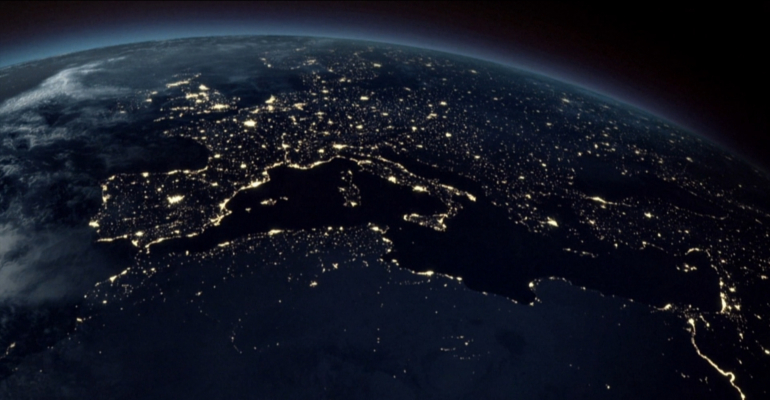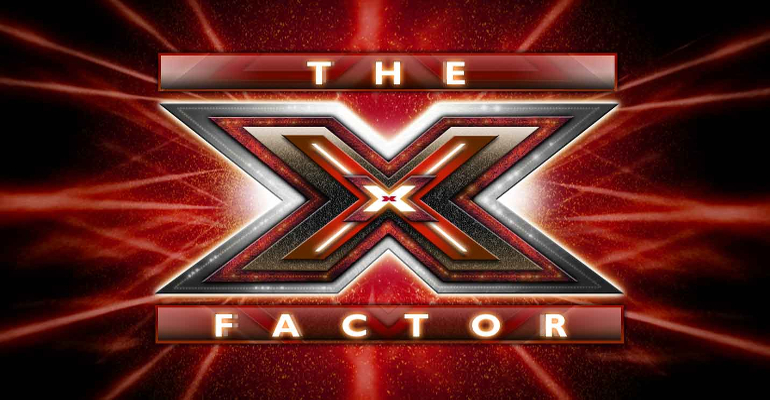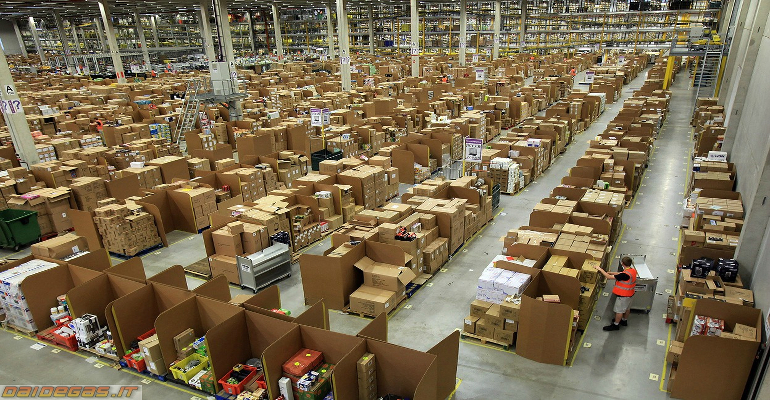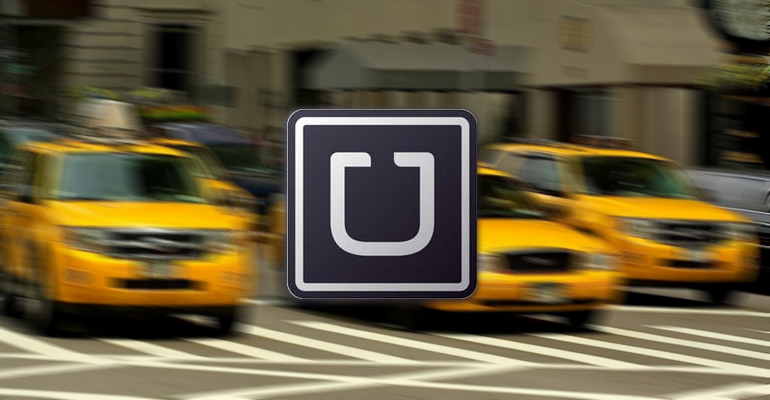Europe’s unification processes were always based on energy, and sometimes, in the occurrences and recurrences of history, surprisingly similar symmetries appear.
On May 9th. 1950, just five years after the end of the war, the French Minister of Foreign Affairs Robert Schuman launched the idea of joining French and German coal and steel resources: this inspiration led to the creation, the following year, of the European Coal and Steel Community (ECSC) and, in 1957, to the birth of the European Economic Community.
On February 7th. 2013 Peter Altmaier and Delphine Batho, German and French Ministers of the Environment also in charge of energy, signed an agreement for the creation of the Franco-German office for renewable energy, aimed at jointly planning and implementing the ongoing energy transition.
As in 1950, also this agreement is open to other European countries. If back then coal was the only energy source taken into account by international agreements, now the focus is on renewable sources. As coal had then been able to reunite countries that had recently fought in the war, today renewable energy might revitalise Europe’s integration process in a historic phase that is delicate and uncertain regarding its future.
In any case it’s a significant step towards the integration of the energy system, a sector in which European countries appear particularly disunited. Since long several organizations operating in this field, including Eurelectric, the association that reunites Europe’s electricity industries, and whose president is Enel CEO Fulvio Conti, insist upon the need and urgency of advancing towards Europe’s integration in the field of electricity. The new agreement between Germany and France could be a landmark on this path.










